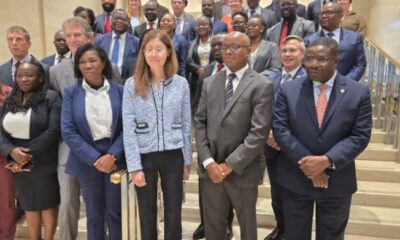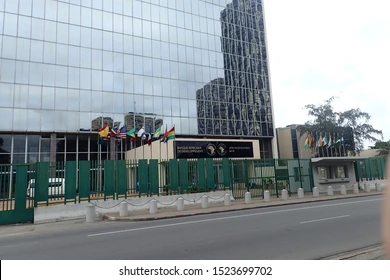A recent study that sampled seventeen economists by Reuters has predicted slower economic growth for Egypt in April after a $8 billion IMF accord in March.
The median projection for GDP growth in the fiscal year starting July 1 was 4%, down from 4.35% in April and 4.15% in January.
The poll predicted the GDP grew 2.9% in the fiscal year ending June 30. This is below their April and January predictions of 3% and 3.5%. Poll: 2025/26 growth should rise to 4.99%.
After the IMF agreement, Capital Economics’ James Swanston predicted slower growth due to tighter fiscal and monetary policies and a weaker pound.
“The overall net impact is that economic growth will be weaker this fiscal year, but there are reasons to be more optimistic on GDP growth from FY2025/26 onward,” Swanston said.
Egyptian tourism and Suez Canal revenue have slowed due to the Gaza crisis, which has cut Egypt’s foreign revenue by more than half.
Egypt’s planning ministry predicted 4.2% growth in 2024/25 on June 2. Analysts expect the Egyptian pound to fall to 49.50 per dollar by June 2025 and 52.50 by June 2026.
Before dropping it in March 2024, the central bank kept the pound at 30.85 per dollar. It’s roughly 48.40 per dollar.
The survey forecast 20.5% headline inflation in 2024/25 and 12.05% in 2025/26. In June, inflation dropped to 27.5% from a record high of 38.0% in September, exceeding the central bank’s objective of 5%-9%.
The analysts expect the central bank’s overnight lending rate to drop to 21.25% by June 2025 and 15.25% by June 2026.
Foreign money shortages have slowed the Egyptian economy. However, a $24 billion real estate transaction with the UAE in late February, a significant currency devaluation, and a $8 billion IMF accord in early March have mitigated that.




























